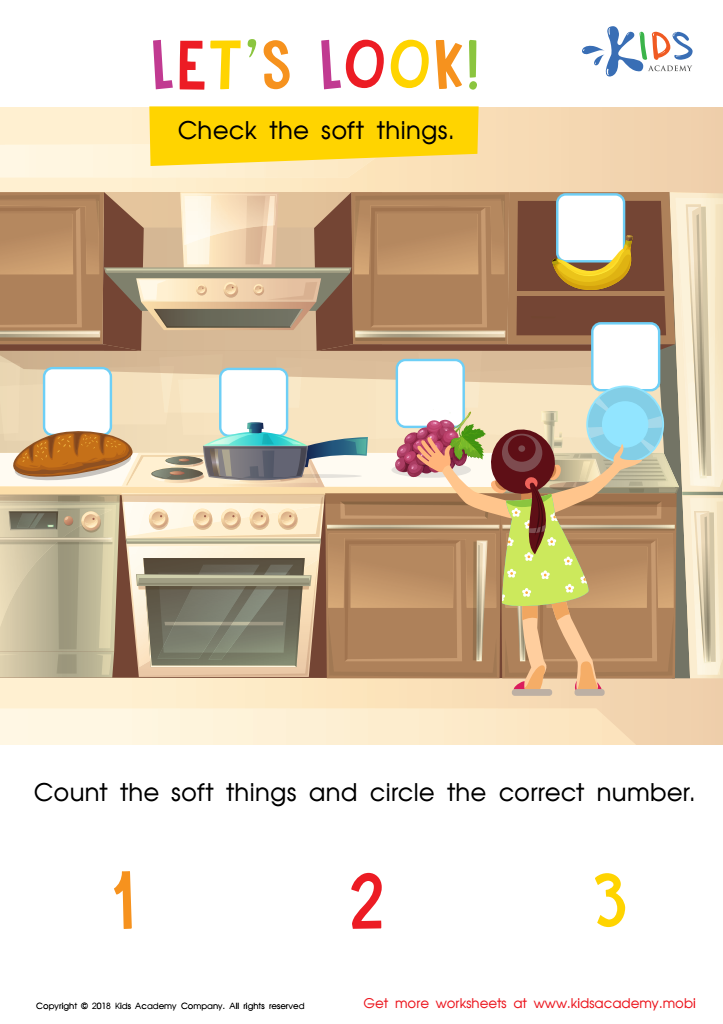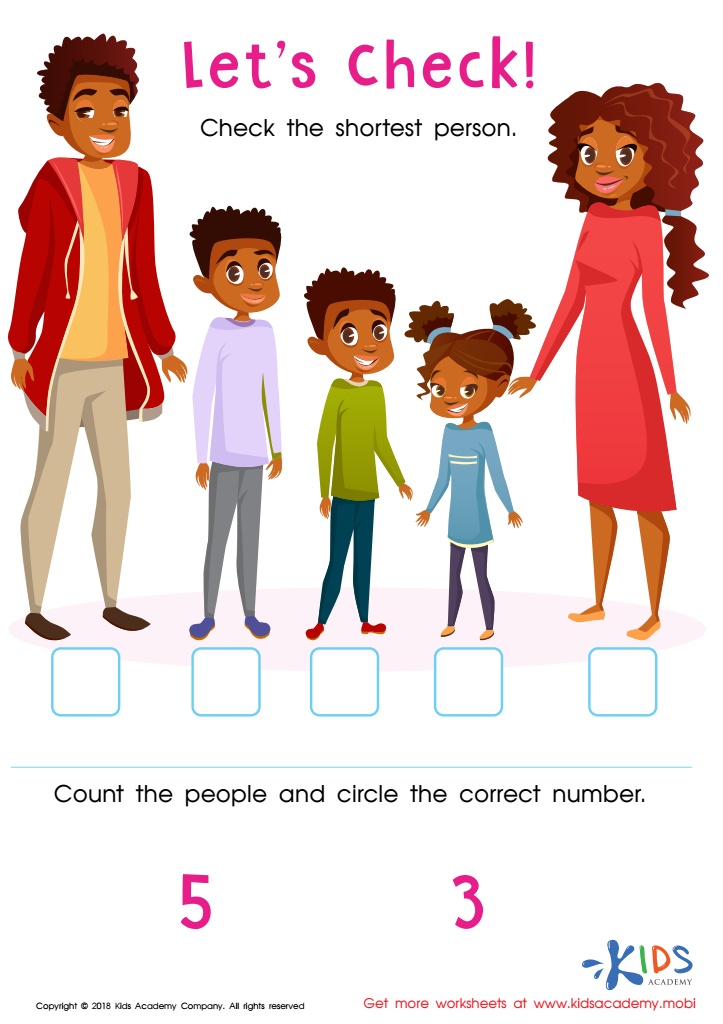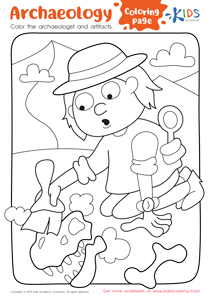Normal Community worksheets activities for 4-Year-Olds
2 filtered results
-
From - To


Let's Look! Assessment Worksheet


Let's Check! Assessment Worksheet
Normal Community worksheets activities are an essential component in fostering a deep understanding and appreciation of the community among individuals of all ages. These specialized activities are designed to engage participants in meaningful learning experiences that not only educate but also empower them to become active, informed members of their community.
One of the primary reasons why Normal Community worksheets activities are incredibly useful is that they offer a structured approach to learning about the diverse aspects of a community. From understanding local governance and the importance of civic engagement to recognizing the value of cultural diversity and community resources, these activities provide a comprehensive overview that enriches participants’ knowledge and awareness.
Moreover, these activities encourage critical thinking and problem-solving skills. As participants navigate through different scenarios and challenges presented in the worksheets, they learn to analyze information, consider various perspectives, and make informed decisions. This not only aids in their personal development but also prepares them to contribute positively to the community.
Another significant advantage of Normal Community worksheets activities is their ability to foster a sense of belonging and connectedness. By engaging in these activities, individuals learn about the people, places, and events that shape their community, which helps to build a stronger sense of identity and community pride. This heightened sense of belonging can inspire individuals to take an active role in community initiatives and make meaningful contributions.
Furthermore, these activities are versatile and can be adapted to suit different age groups, learning styles, and interests. Whether it’s through interactive group discussions, creative projects, or reflective writing exercises, Normal Community worksheets offer varied approaches to engage learners and make the learning experience enjoyable and impactful.
In conclusion, Normal Community worksheets activities are a valuable tool in community education. They not only enhance knowledge and understanding of the community but also cultivate essential life skills, promote social cohesion, and inspire active citizenship. By incorporating these activities into educational programs, communities can build a more informed, engaged, and cohesive society.
 Assign to the classroom
Assign to the classroom












